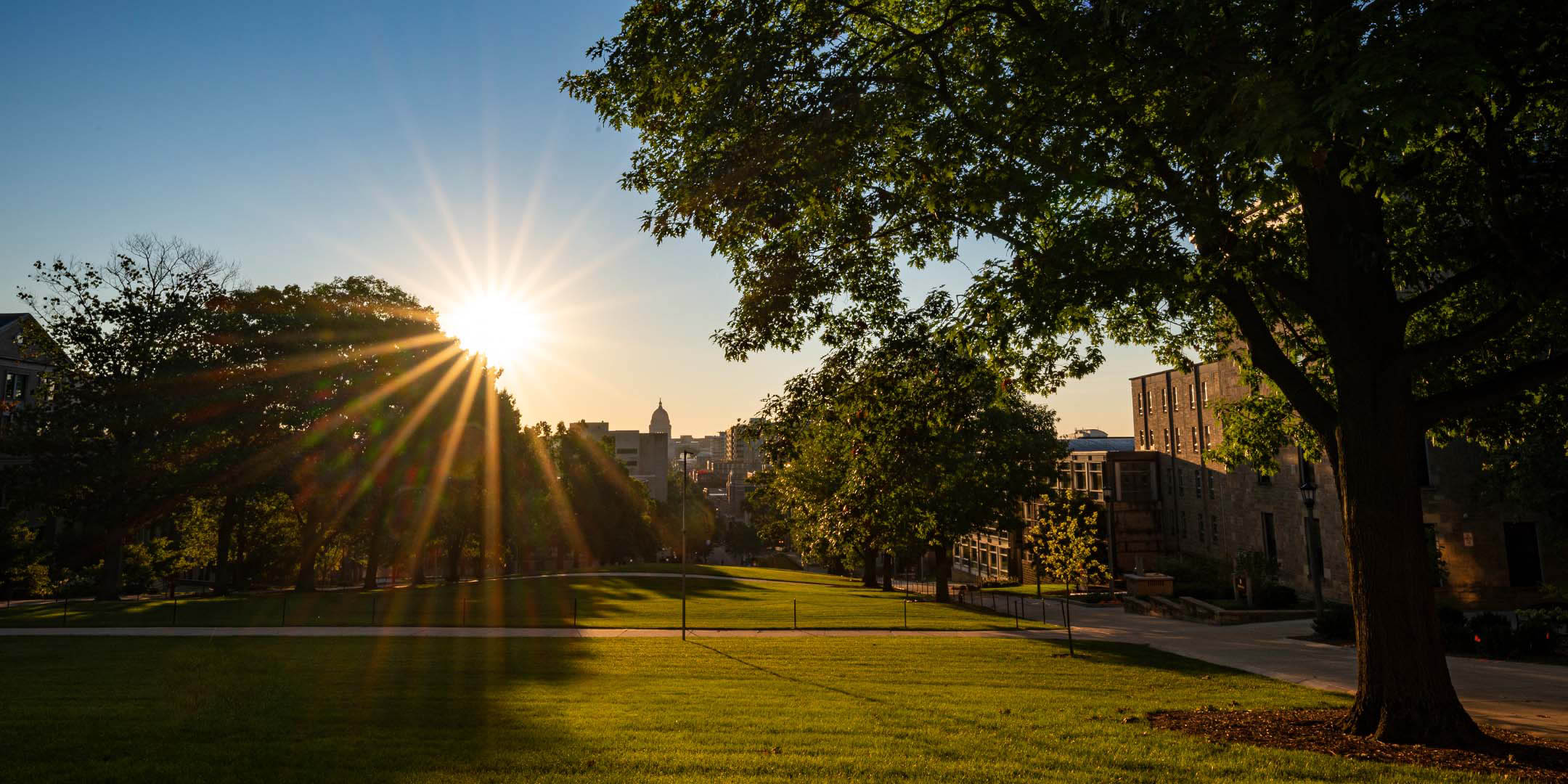
In early 2024, Chancellor Jennifer Mnookin launched the Wisconsin Research, Innovation, and Scholarly Excellence (RISE) Initiative to strategically hire faculty members, develop research infrastructure, improve interdisciplinary collaboration, and increase educational opportunities. Over the next three to five years, UW–Madison is committed to recruiting roughly 120 to 150 extraordinary new faculty to build on its many strengths and benefit the future success of Badger graduates.
RISE will focus first on artificial intelligence through RISE-AI, placing the UW in a lead position within a field that is growing rapidly and capable of furthering projects all across campus. As a renowned research powerhouse, the UW will be able to harness the wide-ranging capabilities of AI from physics to materials science to agriculture, helping advance the identification of genetic disorders and deterring the spread of crop disease.
“AI is such remarkable technology that it has been a priority for many of our departments for years,” says Ian Robertson, dean of the College of Engineering. “New, strategic additions can build that effort to a crescendo, leveraging the way fundamental AI research and diverse applications help each other to new heights.”
RISE-EARTH, the second area of focus, is bolstering the UW’s ability to tackle issues and embrace opportunities related to the environment. RISE-EARTH stands for Environment: Adaptation, Resilience, Technology, Humanity and is focused on two essential themes — pursuing ways to invigorate communities with new methods of transportation and developing unique clean energy technologies that will capture and collect carbon. This effort is in step with other philanthropic initiatives like Morgridge Hall (a new building for the UW School of Computer, Data & Information Sciences) and the Lakeshore Nature Preserve Frautschi Center.
“UW–Madison has always upheld its responsibility to innovate for the public good, a principle no less central to the university’s mission now than it was when the Wisconsin Idea was articulated nearly 120 years ago,” says Chancellor Jennifer L. Mnookin. “As the grand challenges of the 21st century come into focus, so do the opportunities for a university with UW–Madison’s breadth and depth to muster interdisciplinary research, education, and action to rise and meet them. That is what the RISE Initiative is designed to do.”
